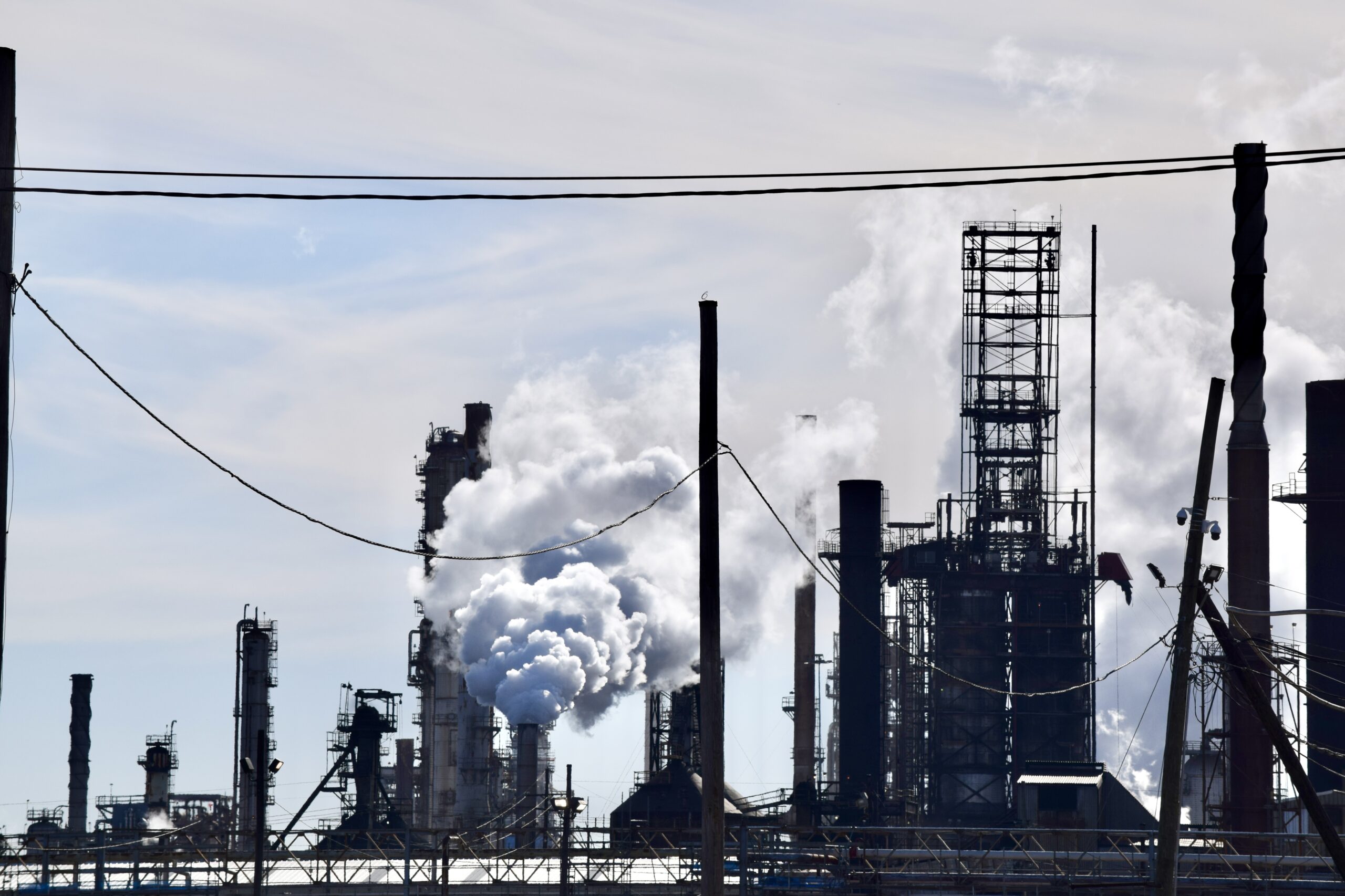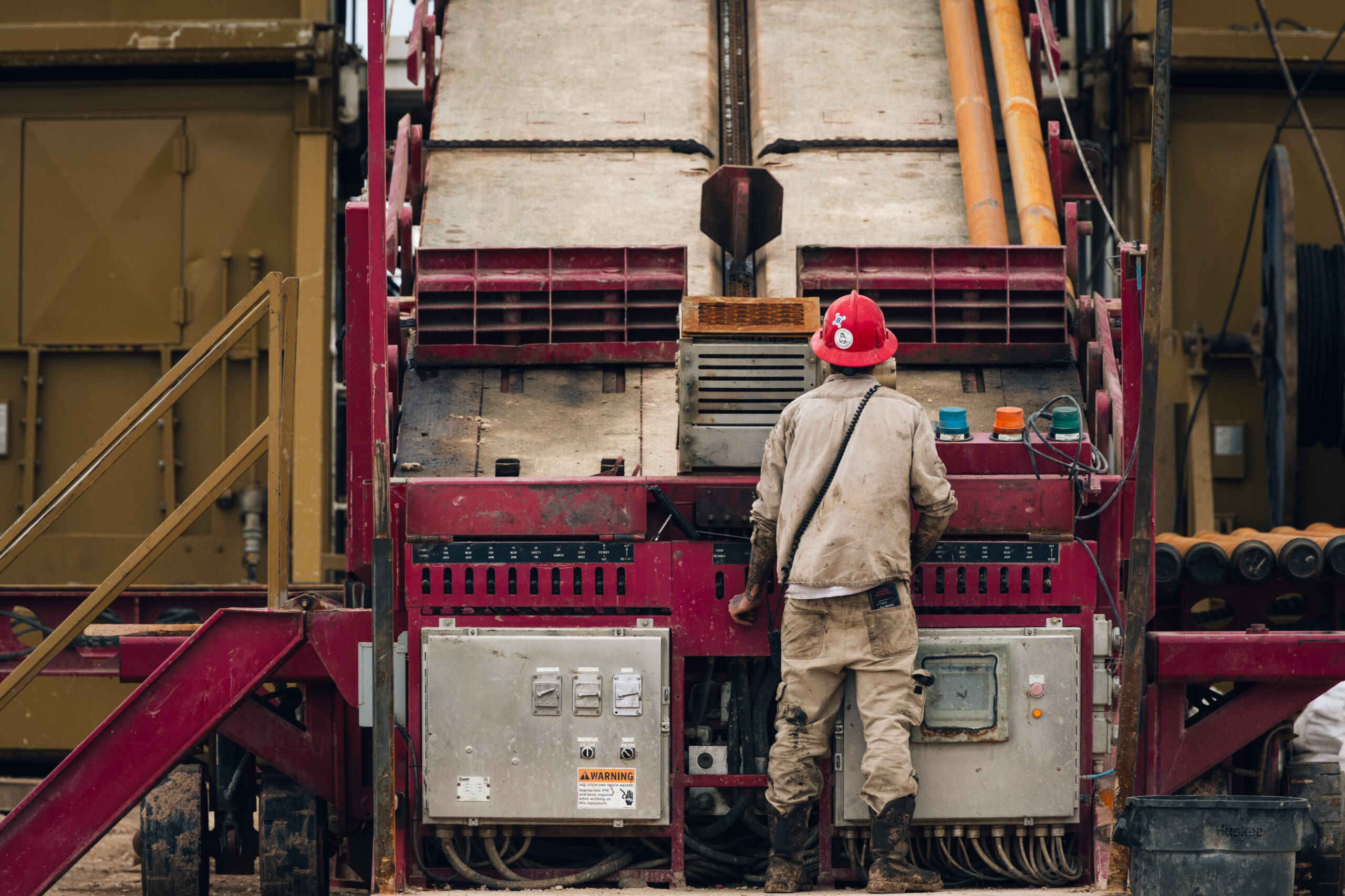
Message From the Editor
Last weekend, we published a powerful investigation by Matthew Green into what Shell knew about climate change in the 1970s. Although it went up on April Fool’s Day, this piece was no joke.
It sheds light on how Shell was actively supporting research that clearly underscored the dangers posed by burning fossil fuels from the mid-1970s — years earlier than previously thought.
“Despite internal awareness, the company systematically downplayed the problem to the public, instead promoting more and more fossil fuel use despite the dangers,” Ben Franta, senior research fellow in climate litigation at the University of Oxford, said. “Now, five decades later, Shell continues to dawdle and delay.”
Another piece we published this week in partnership with ExxonKnews looks at one aspect of the oil major’s contemporary operations. Emily Sanders reported on Shell’s attempts to brand its petrochemical buildout in Cancer Alley as “sustainable.”
The Shell Norco refinery and chemical plant, located a short drive from New Orleans, has been renamed as an integrated “Energy and Chemicals Park.” Part of this reframing has involved a steady drip of Shell “sponsored content” in Louisiana’s top newspapers, such as a sponsored “article” from January in which the company maintains that “Norco is contributing to Shell’s energy transformation journey.”
However, for fenceline residents, daily life next to an “Energy and Chemicals Park” doesn’t look all that transformed. “I haven’t heard of any solutions they’re providing,” one nearby resident said, adding that she’s just focused on the constant smoke that rises from the plant.
Have a story tip or feedback? Get in touch: [email protected]. Want to know what our UK team is up to? Sign up for our UK newsletter.
Thanks,
Brendan DeMelle
Executive Director
P.S. Investigative journalism and collaborations like these are made possible by readers like you. Can you donate $10 or $20 right now to support more of this essential work?
Image credit: Screenshot from 1975 IIASA report
Lost Decade: How Shell Downplayed Early Warnings Over Climate Change
— By Matthew Green (21 min. read) —
Narrated in the upper-crust accent favoured by British documentary-makers of the era, Shell’s 1981 film Time for Energy assesses the scope for solar, wind, nuclear, and other sources of power to end the world’s dependence on finite reserves of oil.
By the closing credits, the viewer is left in little doubt that there is only one fuel plentiful and versatile enough to carry the world “safely” into the 21st century: coal.
How Shell Is Selling the Petrochemical Buildout as ‘Sustainable’
— By Emily Sanders, ExxonKnews (10 min. read) —
If you take Shell’s word for it, the oil giant’s growing petrochemical operations are indicative of its “commitment” to a cleaner energy future. At new and expanding facilities, from northern Europe to Pennsylvania and Louisiana, Shell is suggesting that more chemical and plastics manufacturing can help usher in environmental solutions, sustainability, and even diversity. For instance, the company’s just-published “Energy Transition Progress report” references chemicals right alongside “low carbon energy” and “renewable natural gas” as examples of the company’s stated commitment to lowering emissions.
Oil Sands Companies Are ‘Distorting Public Information’ on Google, Expert Says
— By Geoff Dembicki (3 min. read) —
A lobbying and marketing group representing top Canadian oil sands producers paid Google to link its website to hundreds of search terms related to climate change over the past three months, according to advertising data reviewed by DeSmog.
That means that when people went on Google seeking information about global temperature rise or federal climate policy, one of the first links that appeared was the website for the Pathways Alliance, a group whose members account for 95 percent of oil sands production.
Aviation Industry Awarded £18 Billion of Public Finance Since Paris Agreement
— By Rich Collett-White (7 min. read) —
A UK government agency has provided billions of pounds worth of financial support to the high-carbon aviation sector since the Paris climate agreement was adopted in 2015, DeSmog analysis shows.
UK Export Finance (UKEF) has effectively subsidised new airports, aircraft, and maintenance, despite stating that the oil-dependent industry is unlikely to begin cutting emissions “materially” until the 2030s.
Oil and Gas Worker Survey Sheds Light on Unstable and Unsafe Working Conditions
— By Sara Sneath (5 min. read) —
As a carpenter for a contractor company, Cullen Boudreaux worked in oil refineries throughout Louisiana. “I think a lot of regular people don’t realize how dangerous it really is,” he said of his experience in the oil and gas industry. Boudreaux described a time when he halted work on a project because he smelled a leak, but said that other times he was worried he would lose his job if he called out safety hazards.
From the Climate Disinformation Database: First Nations LNG Alliance
The First Nations LNG Alliance describes itself as a “collective of First Nations who are participating in, and supportive of, sustainable and responsible LNG development” in British Columbia, Canada. According to documents in a Freedom of Information request regarding the involvement of the First Nations LNG Alliance in a Joint Engagement Report with the Province of British Columbia, part of the Alliance’s mandate included a research partnership with the University of British Columbia and the MacDonald Laurier Institute
(MLI). The Ottawa-based MLI has been described as a right-wing think tank.
Read the full profile and browse other individuals and organizations in our Climate Disinformation Database and Koch Network Database.







